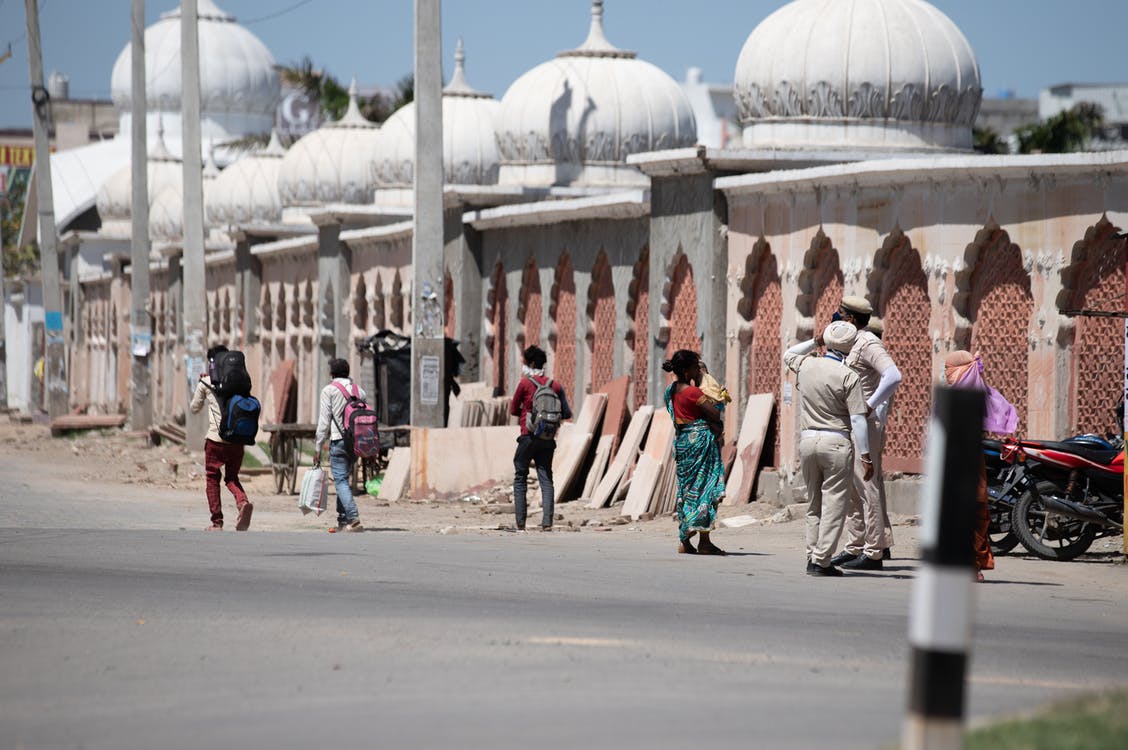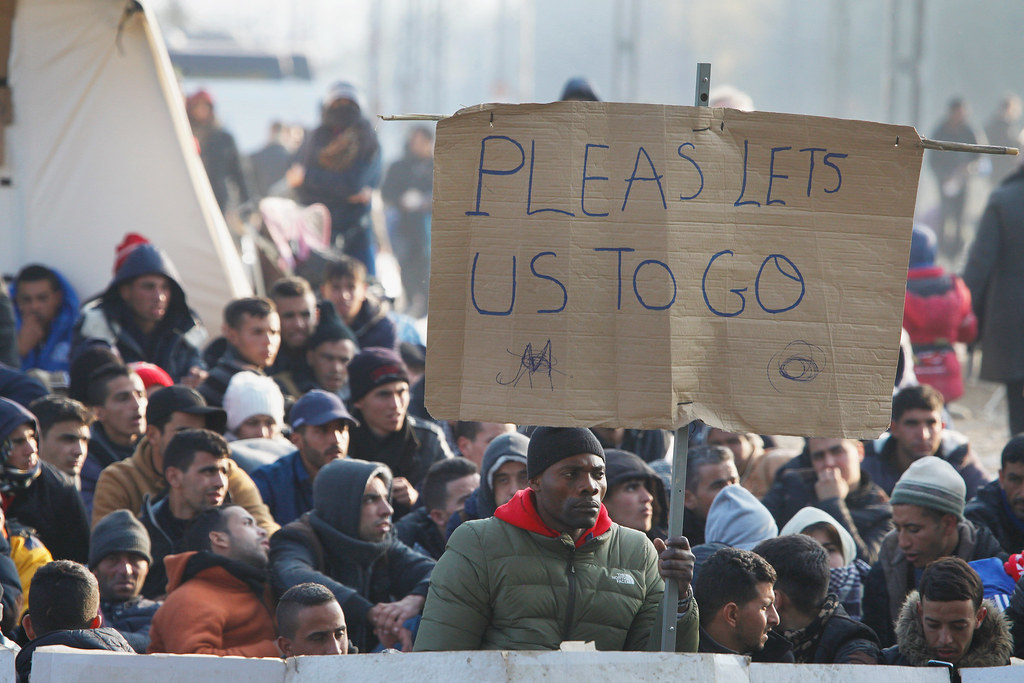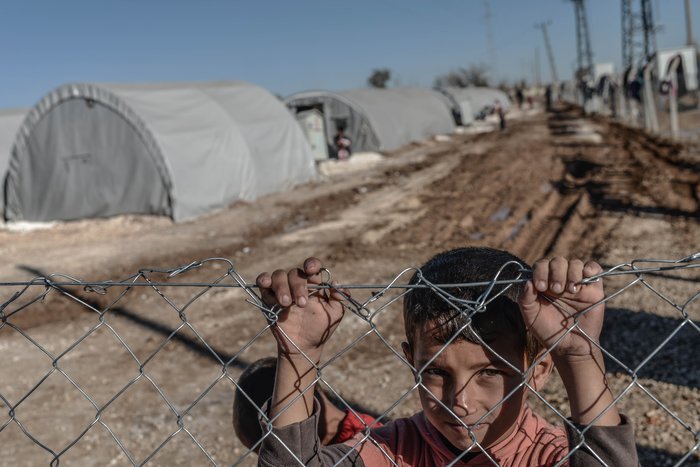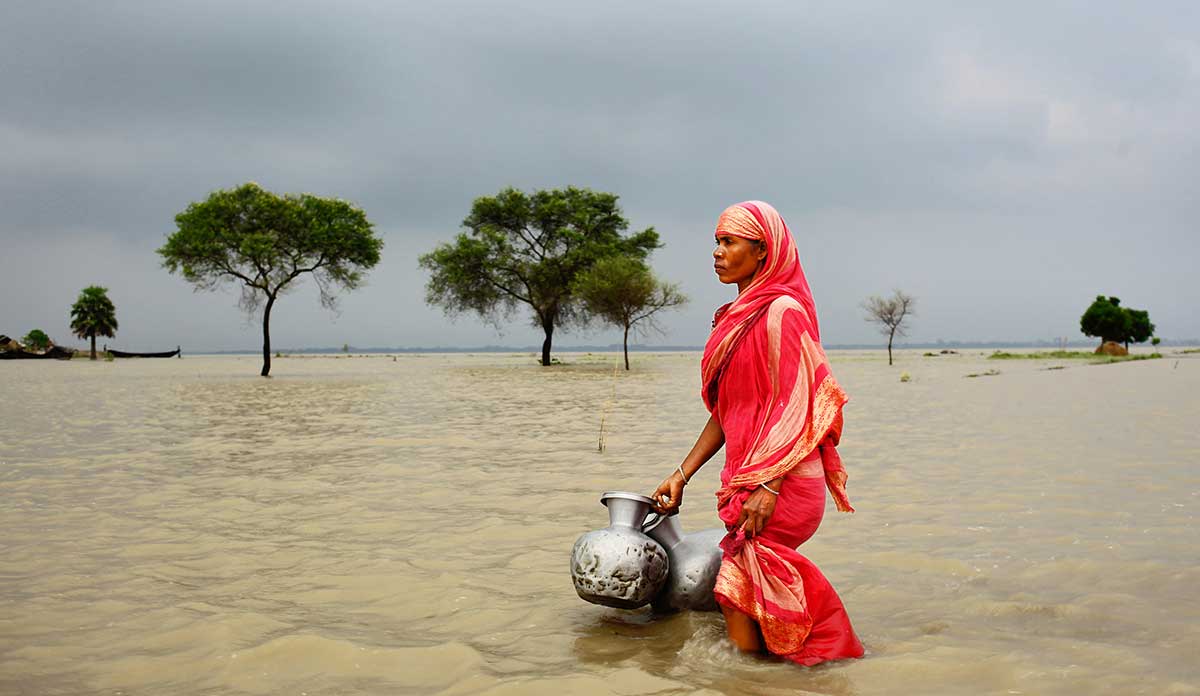
A Refugee Crisis, Poetry, and a Camera: “Paris Stalingrad” Film Screening
By Rowena Kosher, co-editor of RightsViews
Recently, ISHR hosted a virtual film screening of Paris Stalingrad, followed by a discussion with the film’s director, Hind Meddeb. Human Rights professor Lara Nettlefield moderated the conversation. Hind Meddeb is a French filmmaker whose work interrogates human rights issues of our time, and this film is no exception.
Co-directed by filmmaker Thim Naccache, Paris Stalingrad is an intimate documentary portrait of the life of refugees living on the streets of the Stalingrad district of Paris. Many of these refugees come to France from Sudan, Ethiopia, Erythrea, Somalia, and Afghanistan to escape persecution and violence in their home countries. Yet, with everything from police violence to immigration bureaucracy to racism alike, Paris turns these refugees away, forcing them onto the streets. Meddeb approaches her documentary from the lens of community, depicting the everyday life of a refugee living on the Paris streets. In particular, the film follows a young man, Souleymane Mohammed, as he navigates the...




